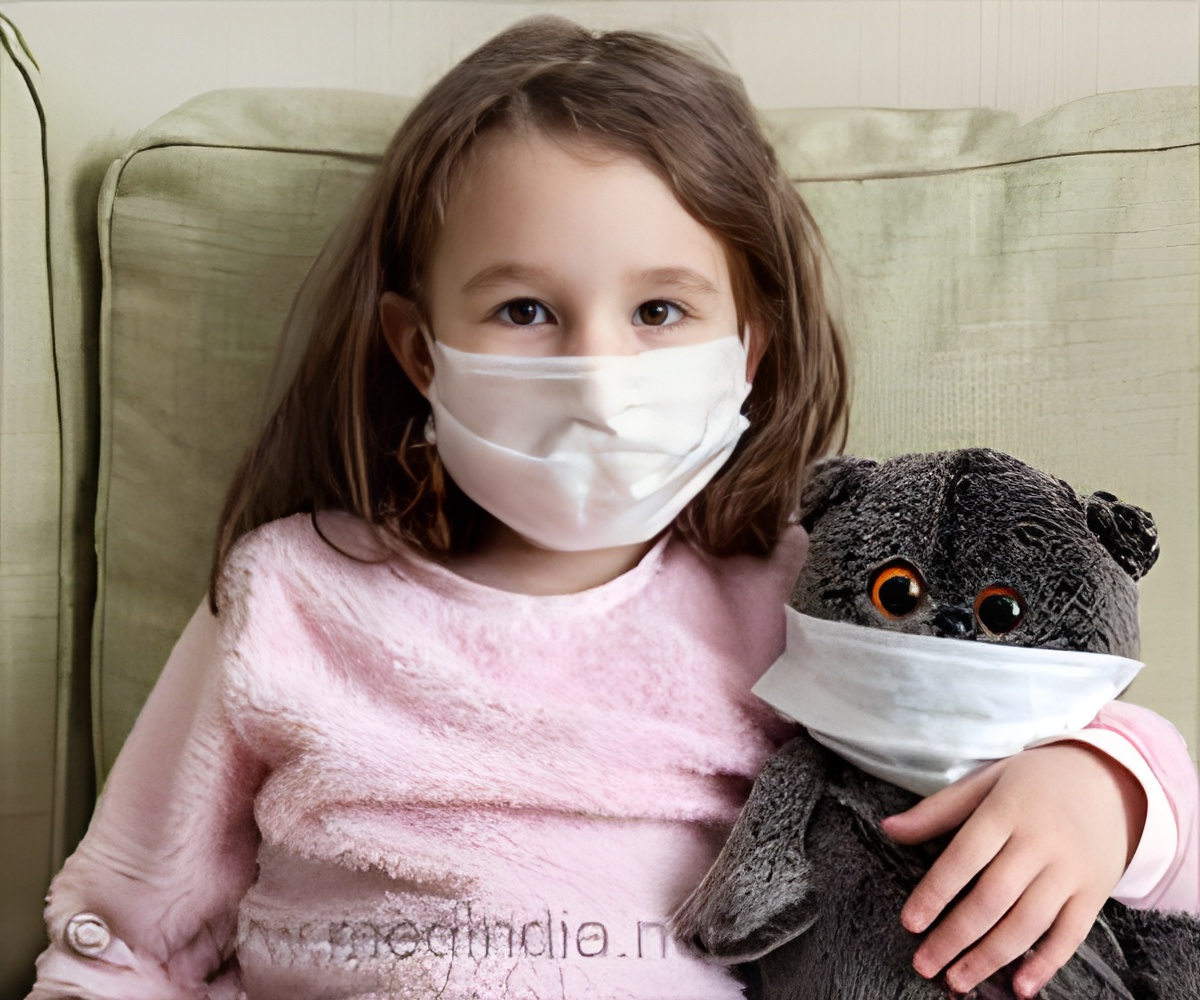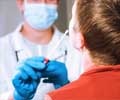Vaccinating teachers and staff against coronavirus can make schools a safe place against the infectious disease, the World Health Organisation (WHO) and UNICEF said.

‘Children aged 12 years and above who have underlying medical conditions that put them at greater risk of severe COVID-19 disease must also be vaccinated.’





"The pandemic has caused the most catastrophic disruption to education in history. It is therefore vital that classroom-based learning continues uninterrupted across the WHO European Region. This is of paramount importance for children's education, mental health and social skills, for schools to help equip our children to be happy and productive members of society," said Dr Hans Henri P. Kluge, WHO Regional Director for Europe, in the statement. "It will be some time before we can put the pandemic behind us but educating children safely in a physical school setting must remain our primary objective, so we don't rob them of the opportunities they so deserve. We encourage all countries to keep schools open and urge all schools to put in place measures to minimise the risk of Covid-19 and the spread of different variants," he added.
The highly transmissible Delta variant has added an additional layer of concern and complication to this year's school opening season. The high incidence of Covid-19 in the community makes transmission in schools much more likely. Studies have clearly shown that being fully vaccinated can significantly reduce the risk of severe disease and death.
"Vaccination is our best line of defence against the virus, and for the pandemic to end we must rapidly scale up vaccinations fairly in all countries, including supporting vaccine production and sharing of doses, to protect the most vulnerable, everywhere. We must also continue to follow the public health and social measures we know work, including testing, sequencing, tracing, isolation and quarantine," Kluge said.
Further, to help keep schools open and safe, the WHO European Technical Advisory Group for schooling during Covid-19 has also stated a set of expert recommendations for schools. These are: schools must be among the last places to close and first to reopen, a testing strategy put in place, effective risk-mitigation measures ensured, children's mental and social well-being, as well as the most vulnerable and marginalised children, protected, the school environment improved, children and adolescents involved in decision-making, and a vaccination strategy designed to keep children in school be implemented.
Advertisement














